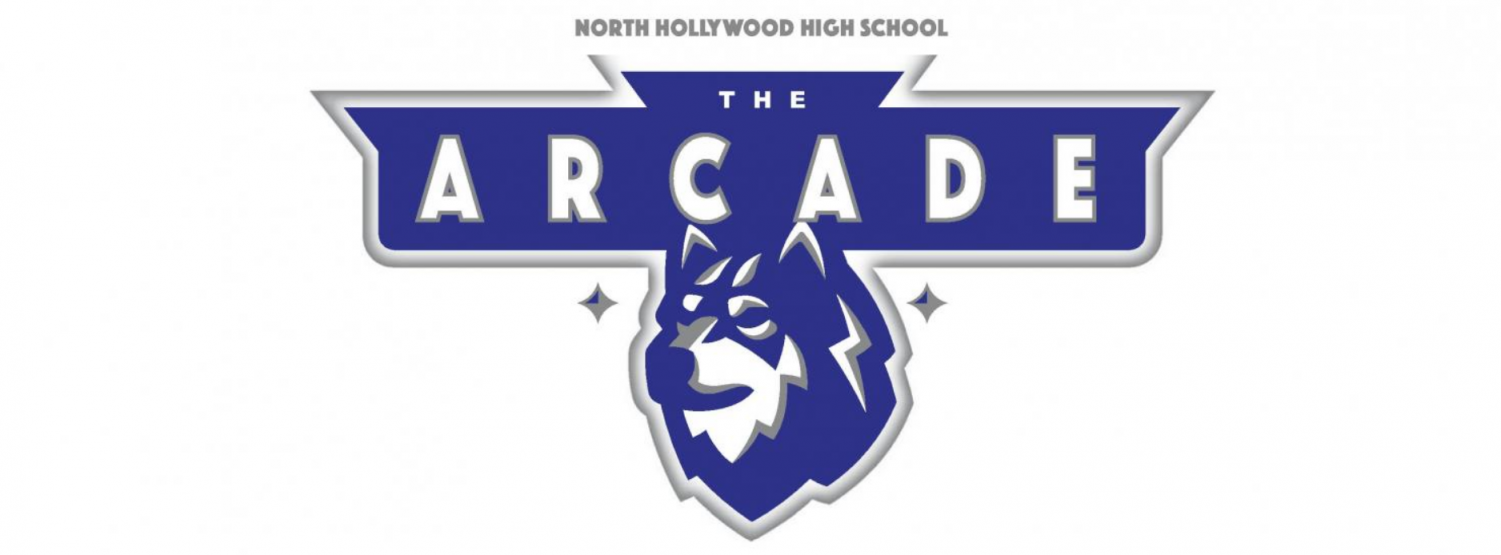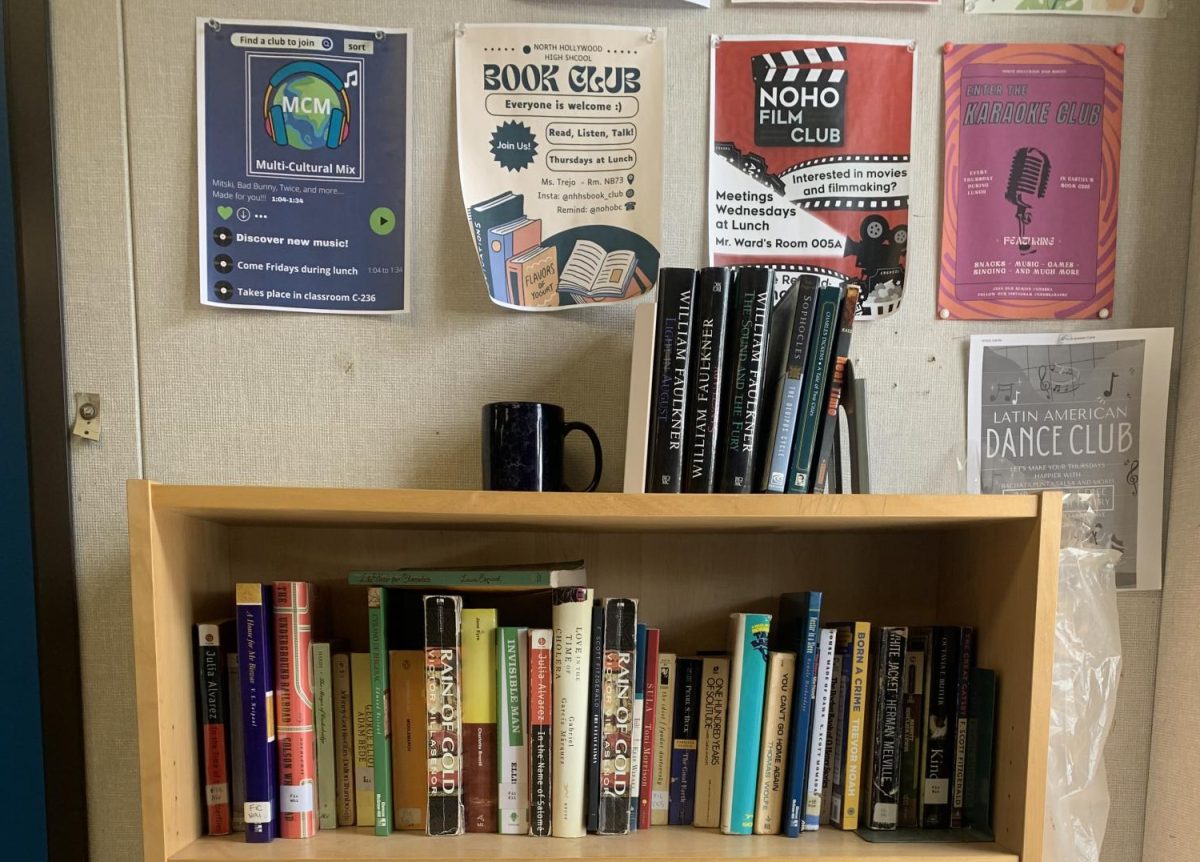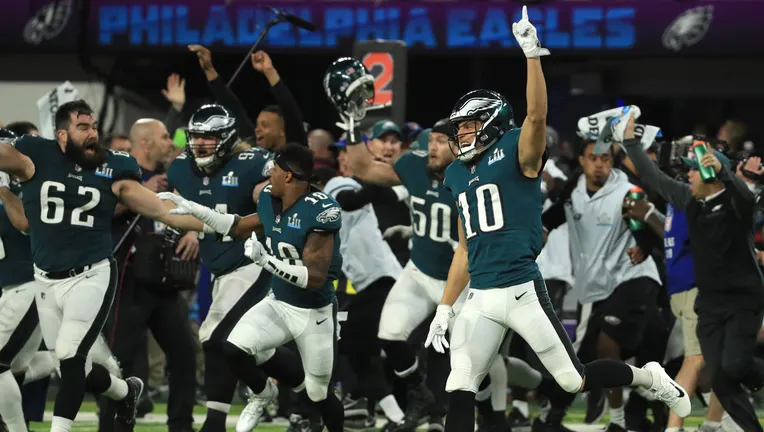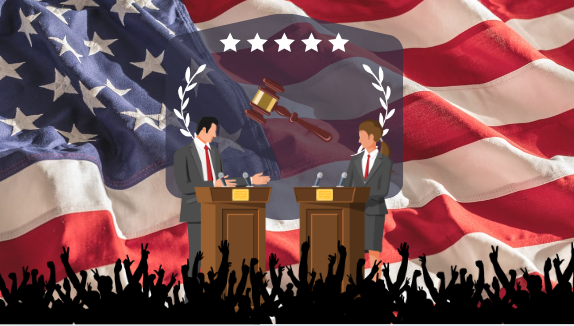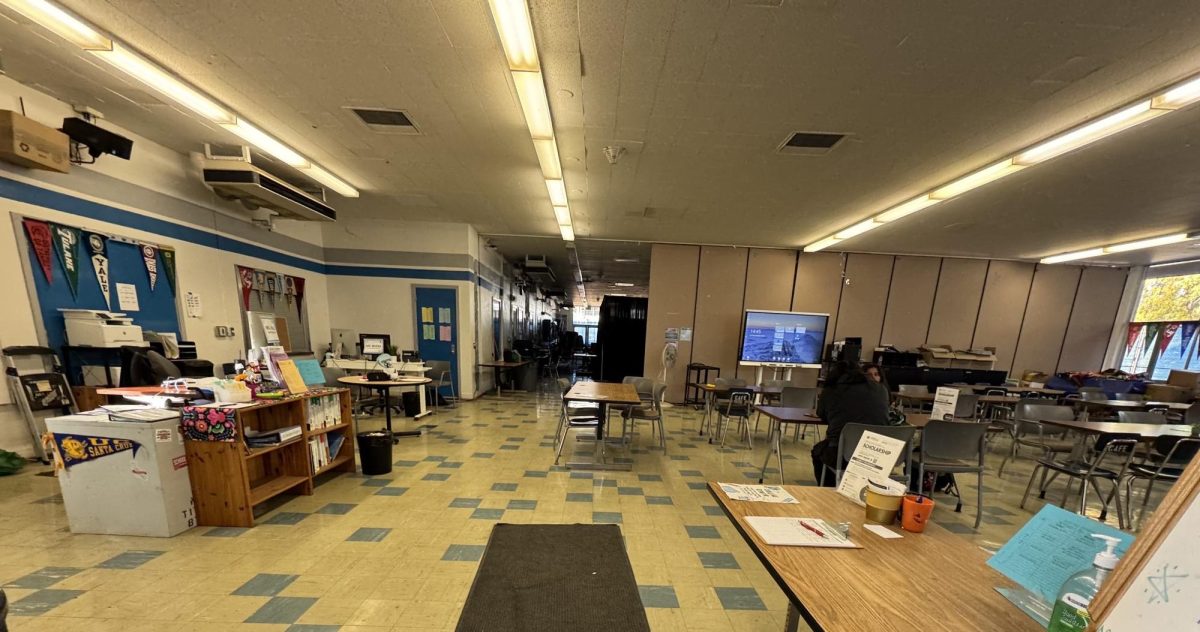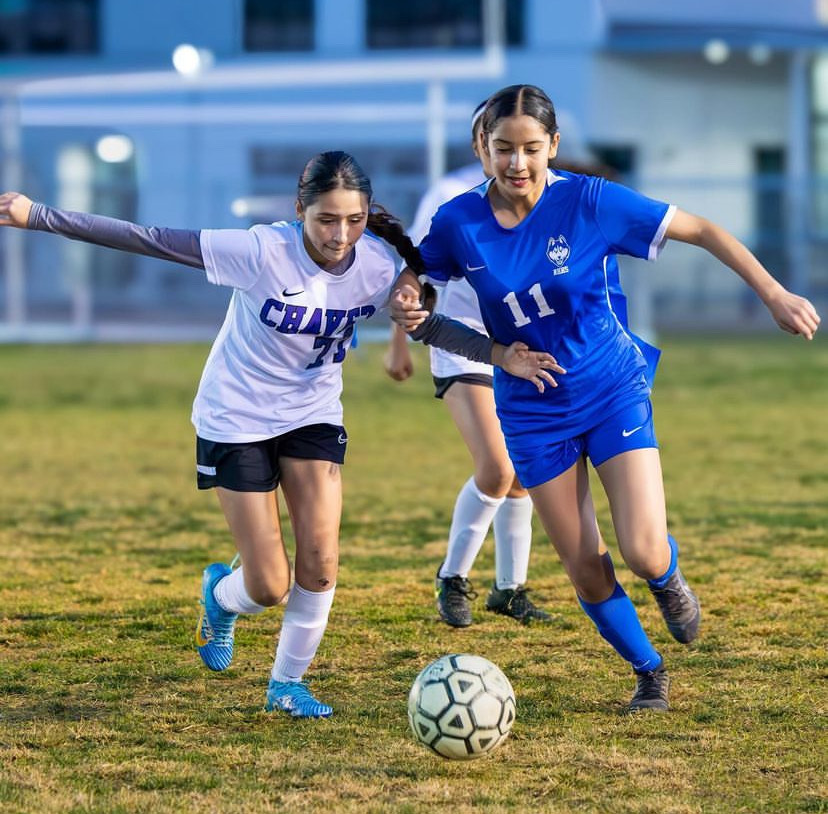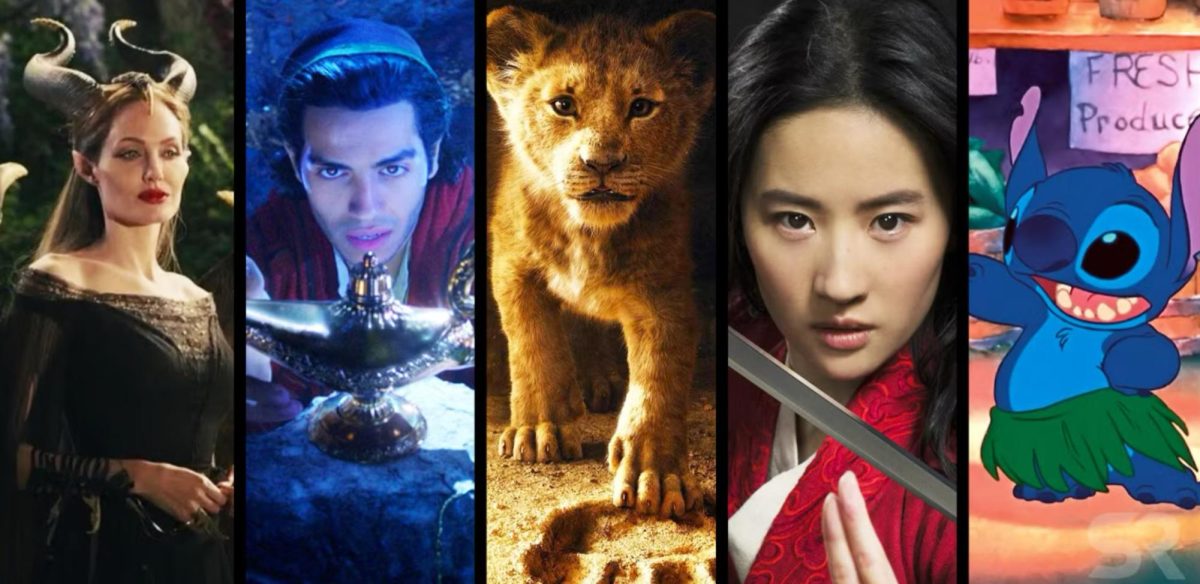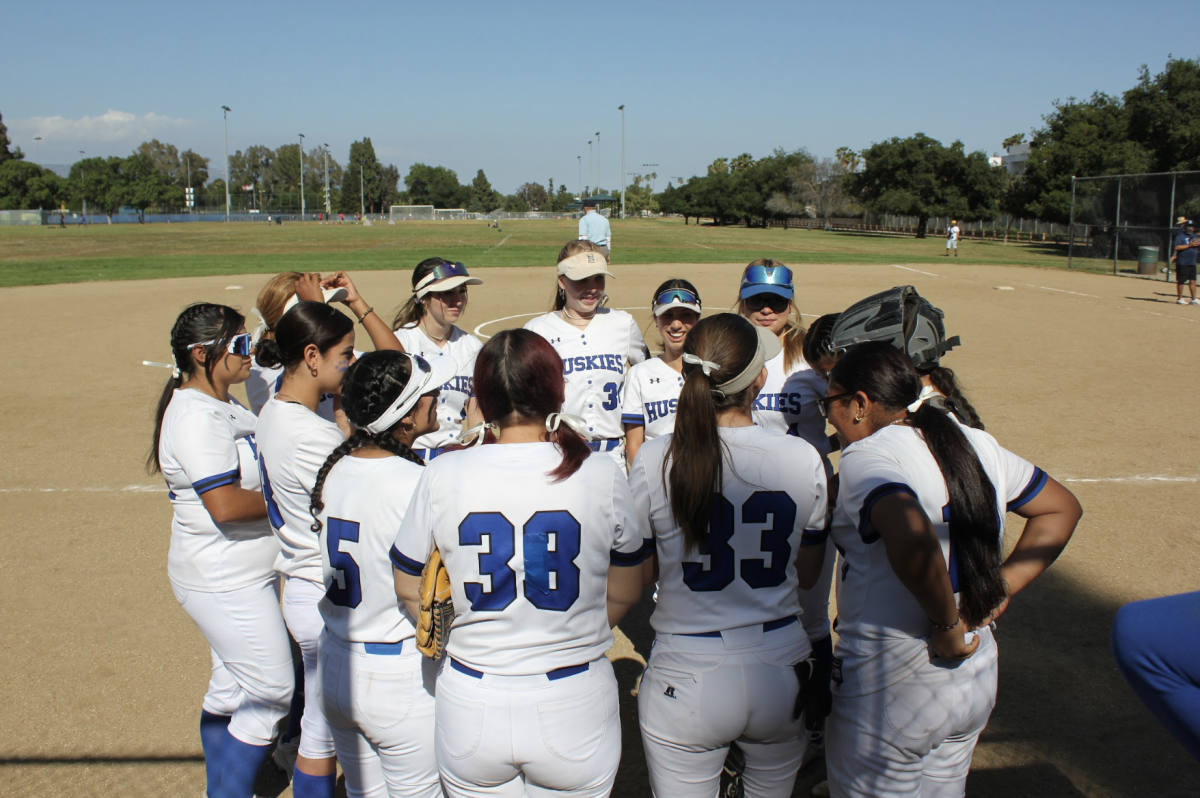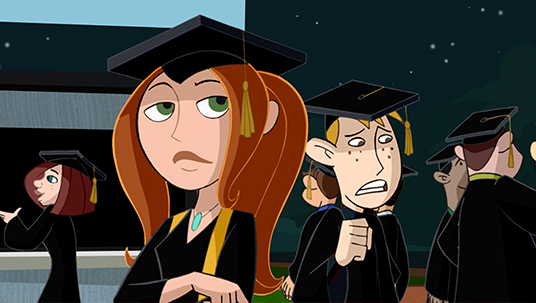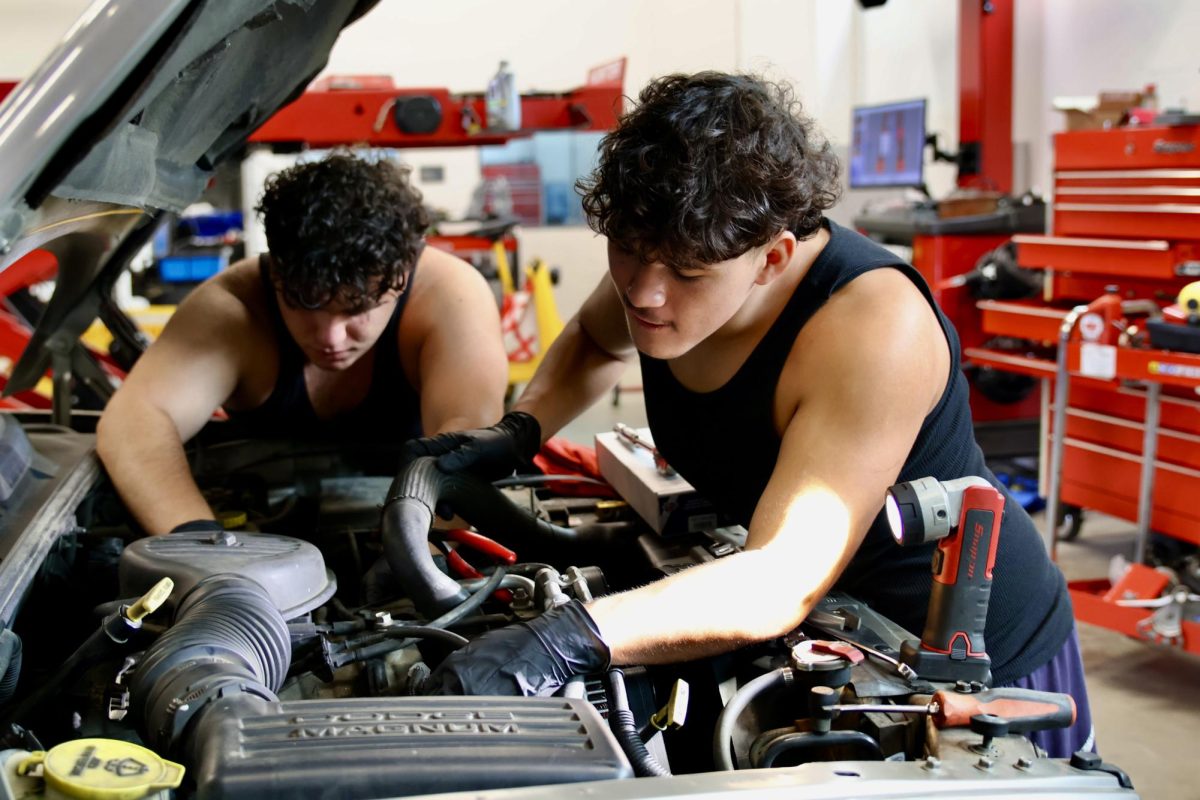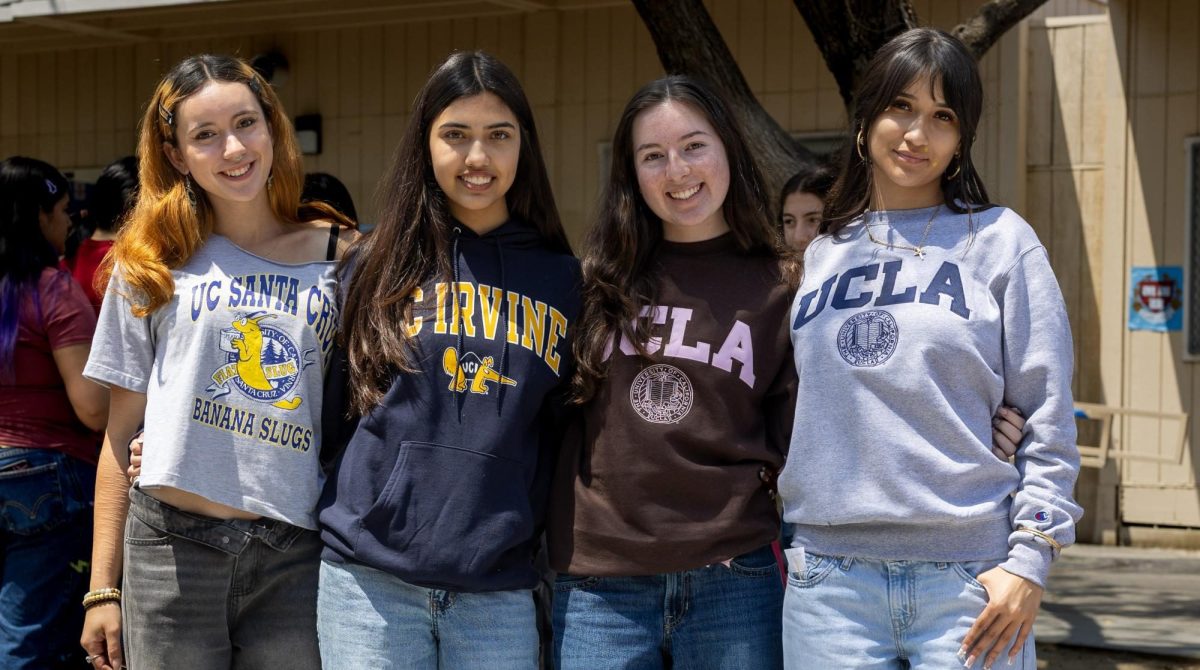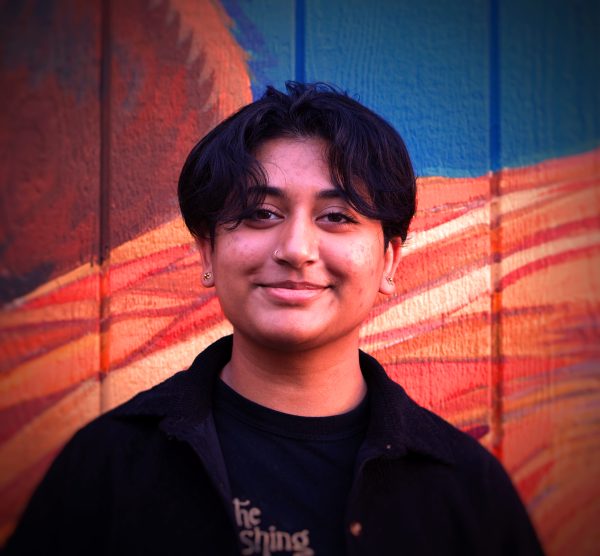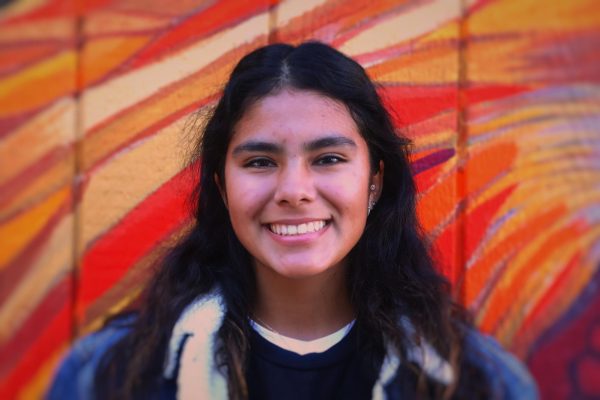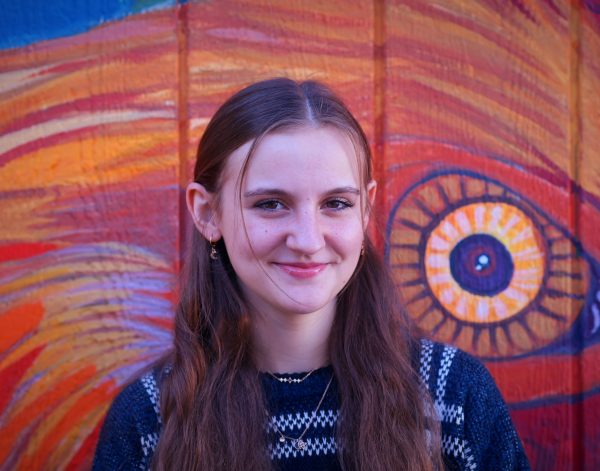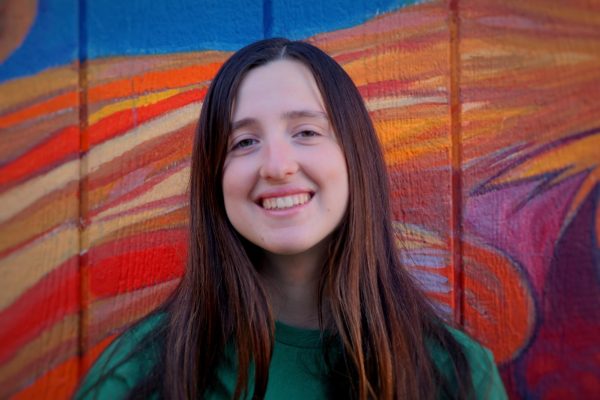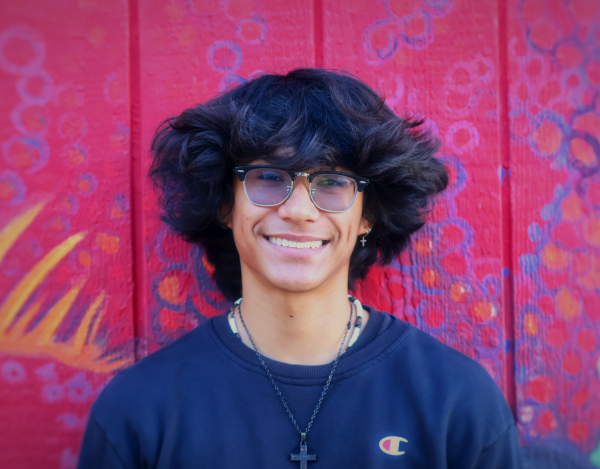Intro:
Book banning has become a more and more controversial topic in the last few decades. With political tensions running high, shaping the next generation through education is the most influential thing in determining the ideological future of our country. But what does book banning and censorship actually look like in modern-day America? More importantly, is it legally and morally sound?
Getting a book banned in schools happens in two steps. First is a book challenge, which is an attempt to remove or restrict materials based on the objections of a person or group. Then the actual book banning, which is the removal of said materials.
Legality:
“But isn’t censorship a violation of First Amendment rights?” you might ask. The answer is, it depends. In the 1982 court case Board of Education v Pico, the U.S. Supreme Court ruled that a school board’s decision to remove books from the school library based on content alone violates the First Amendment’s right to free speech. The First Amendment doesn’t only protect the right to express information and ideas, but also protects the right to receive information and ideas. Specifically, the First Amendment protects individuals and groups from government censorship. (It is important to note that this does not apply to private institutions.)

But there are exceptions to this rule, namely the Imminent Lawless Action Test, which restricts free speech that is made with the intention to incite illegal activity, the bad tendency test, where the probable effect of the speech would be illegal activity, as well as defamation and obscenity, which are unrestricted but unprotected forms of speech. Defamation is described as libel (false printed statement to hurt someone’s reputation) or slander (false spoken statement to hurt someone’s reputation).
Obscenity, as defined in Miller v California, is determined by: “(a) whether the ‘average person, applying contemporary community standards,’ would find that the work taken as a whole appeals to the prurient interest; (b) whether the work depicts or describes in a patently offensive way, sexual conduct specifically defined by applicable state law; and (c) whether the work taken as a whole lacks serious literary, artistic, political, or scientific value.”
The top three reasons cited for challenging materials in schools, as reported to the Office of Intellectual freedom, are as follows: The material was sexually explicit, the material’s language was offensive, or the material was unsuited to any age group.
Political bias motivates people to categorize topics such as sex, race, and queerness as offensive or explicit. Among the most challenged books in schools are Genderqueer: A Memoir by Maia Kobabe and All Boys Aren’t Blue by George M Johnson, both of which explore LGBTQ+ identities and are claimed to be sexually explicit.
NHHS’ Thoughts on Book Banning:
According to the EveryLibrary Institute, “Half of voters believe there is ‘absolutely no time when a book should be banned,’” and “Only 8% of voters think ‘there are many books that are inappropriate and should be banned.’” Huskies certainly reflect this.
Em Herrera, a SAS senior, shares, “I find it kind of weird. The certain books that are being banned seem to be targeting the ‘left wing’ or ‘woke’ agenda. There is a sort of trend where “progressive” books just get banned with no logic behind it.”
This is true as even NHHS librarian, Mr. Hamrick explains, “We have a generation gap situation where my generation who haven’t been keeping up on what is now mainstream – what is now accepted, are going to look at some of the literature and they’re going to disapprove.”
Yet, there is more to factor in when discussing censorship in literature; it’s not just about the generational divide. Hamrick adds, “My opinion is that they shouldn’t do it [book banning and censorship in literature] because they’re trying to create a distorted reality and the literature needs to reflect reality.”
SAS sophomore, Sophia Morales, shares similar sentiments, “I don’t think there is a good reason for it because these books that are banned can often open readers’ minds to situations or perspectives that they weren’t aware of prior to having read the book.”
Herrera emphasizes that, “Most people would say it is a positive thing for these types of books to be banned from the eyes of students, but it rather provokes them into looking at these books. For certain books it makes students more ignorant to certain situations such as interracial relationships, racial problems, homosexuality etc.”
However, it is important to acknowledge that censorship based on age or simply parental regulations does not mean censorship of student learning. For example, some teachers require parent permission in order for a student to read a certain book in their class that may contain mature content.
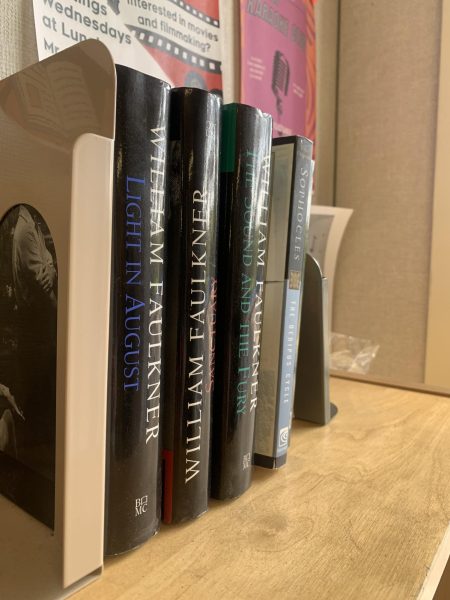
NHHS textbook room manager, Mr. Palma says, “I’m against book banning…but I do encourage to protect the children from what you might call bad influences.”
He continues, “ …We do have a responsibility, especially parents, to protect your own kids on what they read.”
In other words, parents have just as much say in what students read as educators.
Yet, as Mr. Hamrick highlights, it’s important to reflect reality in literature otherwise, “It’s looking in the mirror as a society dishonestly.”
The Arcade’s Thoughts on Book Banning:
A truth acknowledged on both sides of this issue is that knowledge is power. Although one might assume that those who want to ban books don’t value them, the opposite is true. Emily Knox, a professor at the University of Illinois and a board member of the National Coalition Against Censorship, writes here, “The problem is not that anti-intellectuals do not believe in the power of books but that they believe in it strongly. Under the doctrine of sola scriptura, a single book can bring someone salvation; therefore, it follows that books have power. The right book may be able to save, but the wrong one may bring damnation.”
We at the Arcade believe that the right to knowledge and education is a universal and inalienable one. Although it is true that parents are entitled to a certain level of influence on their children, it is crucial that children are aware of other perspectives, experiences, and people than themselves and their community. The most accessible way to gain this level of awareness is through media, and it is violating, controlling, and frankly irresponsible for the future of our society to deny kids access.
How to Educate Yourself:
In the words of the American Library Association, “The freedom to read is essential to our democracy. It is continuously under attack.” It is imperative that we as students maintain our awareness of social and political issues, and why people fight so hard to keep us in the dark.
Here is a list of resources to fight against book banning, and here is a spreadsheet created by The EveryLibrary Institute partnered with Dr. Tasslyn Magnusson, an independent researcher, to catalog the 1500+ books challenged and banned in 2023. The Arcade encourages you to take action, and to read banned books. Educate and empower yourself!
